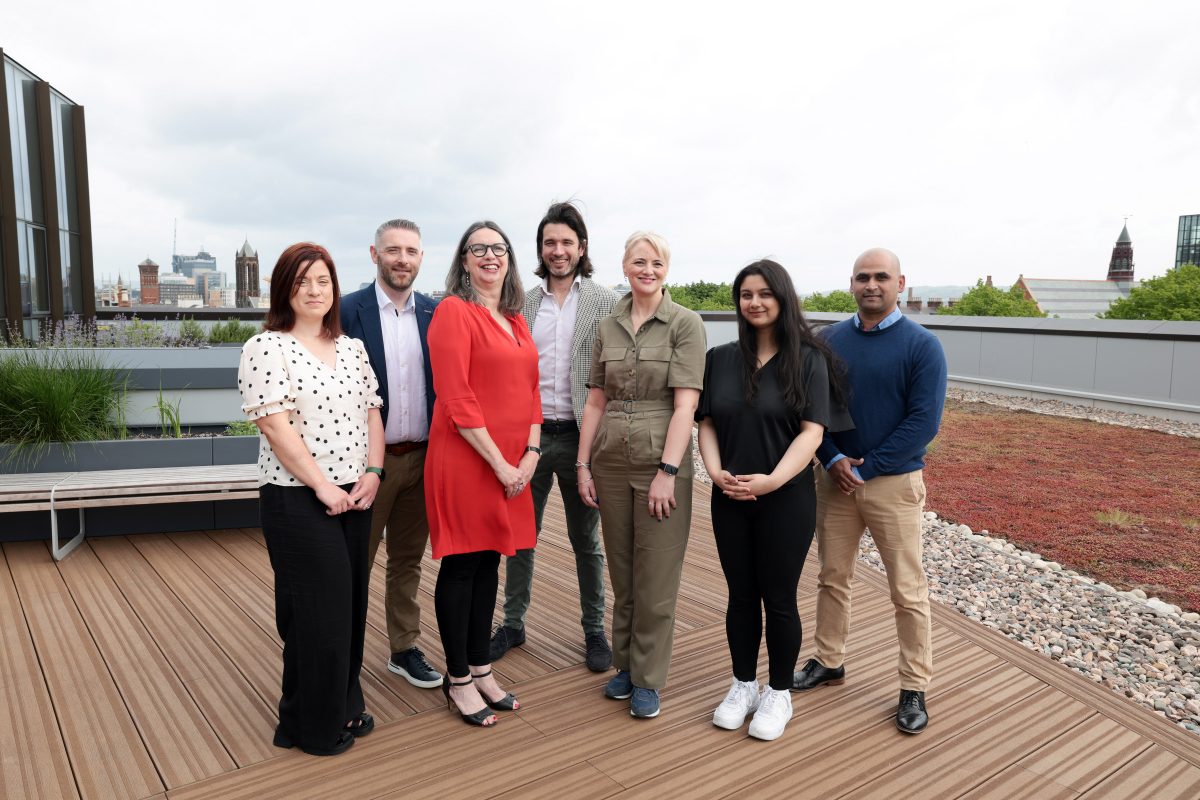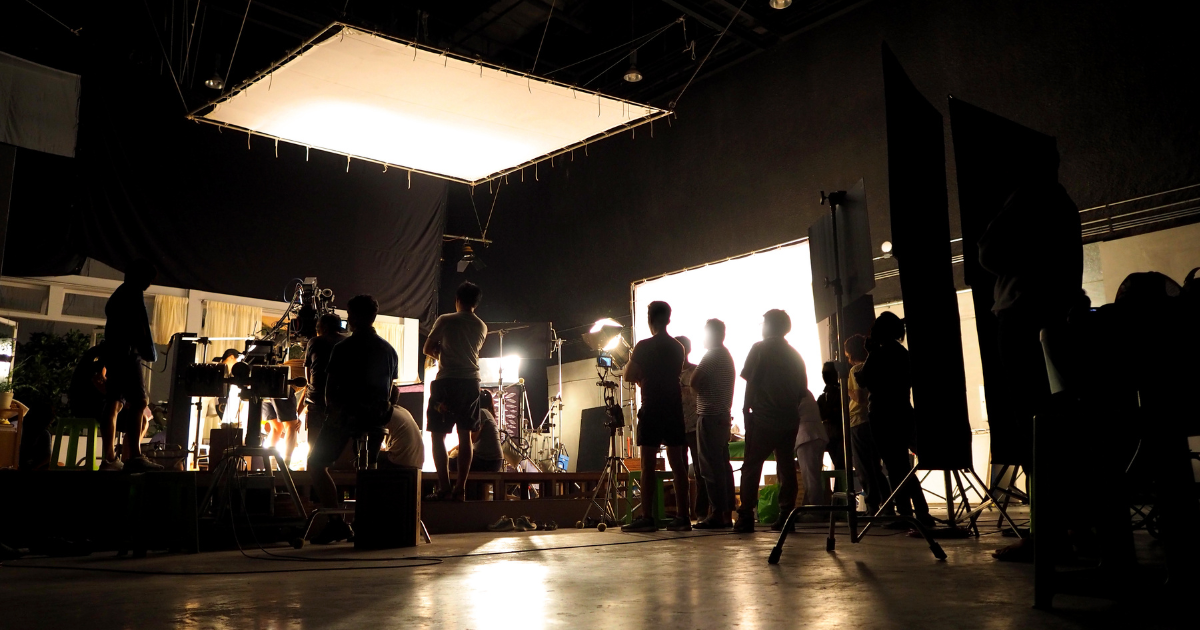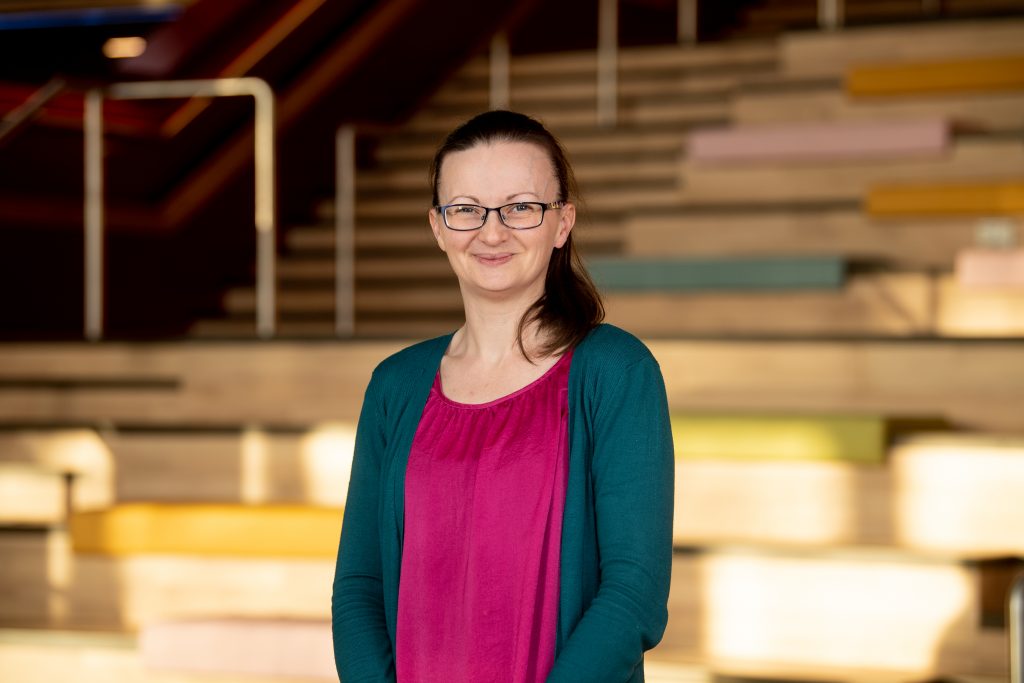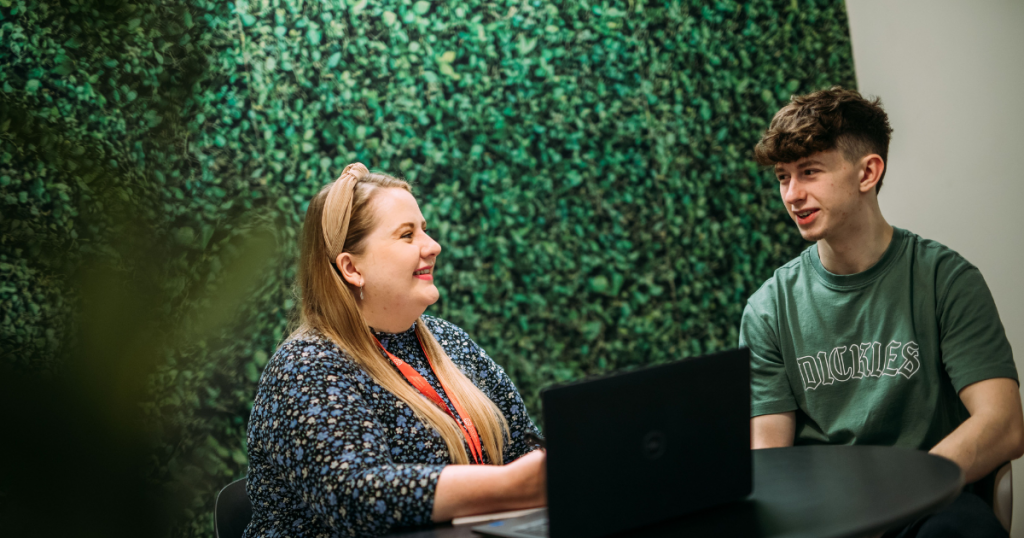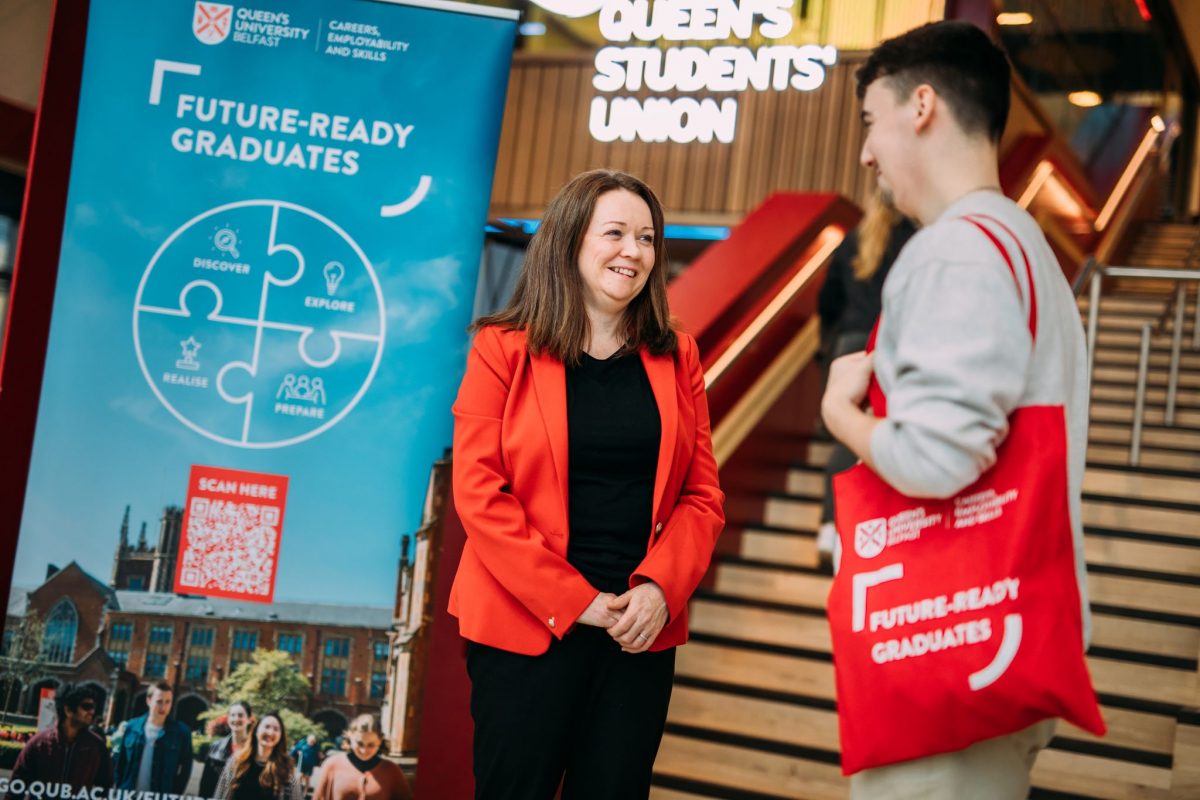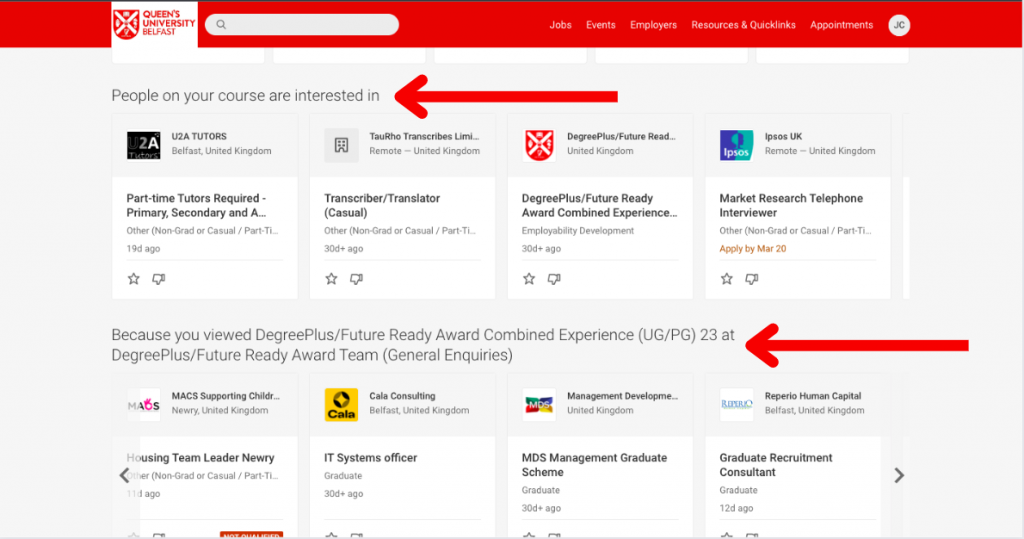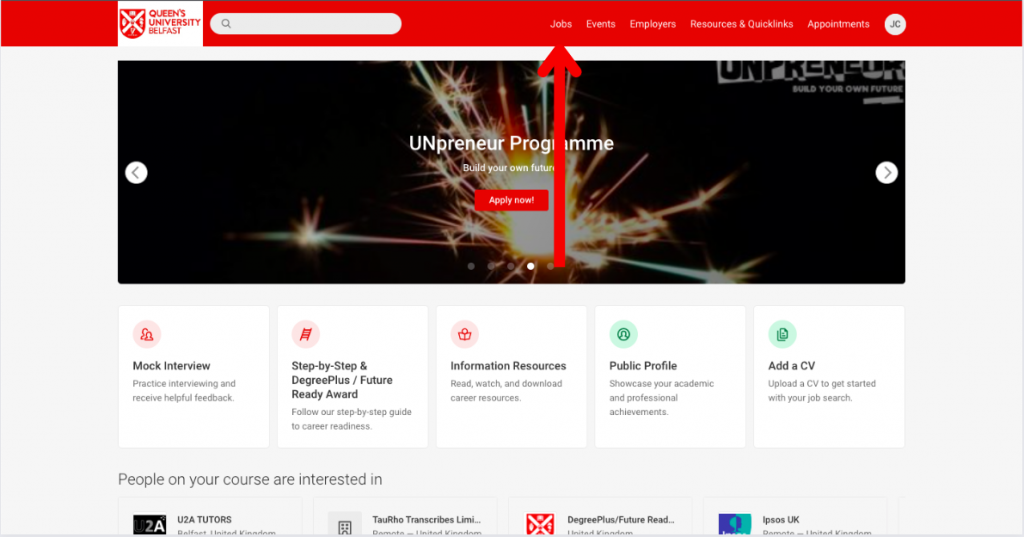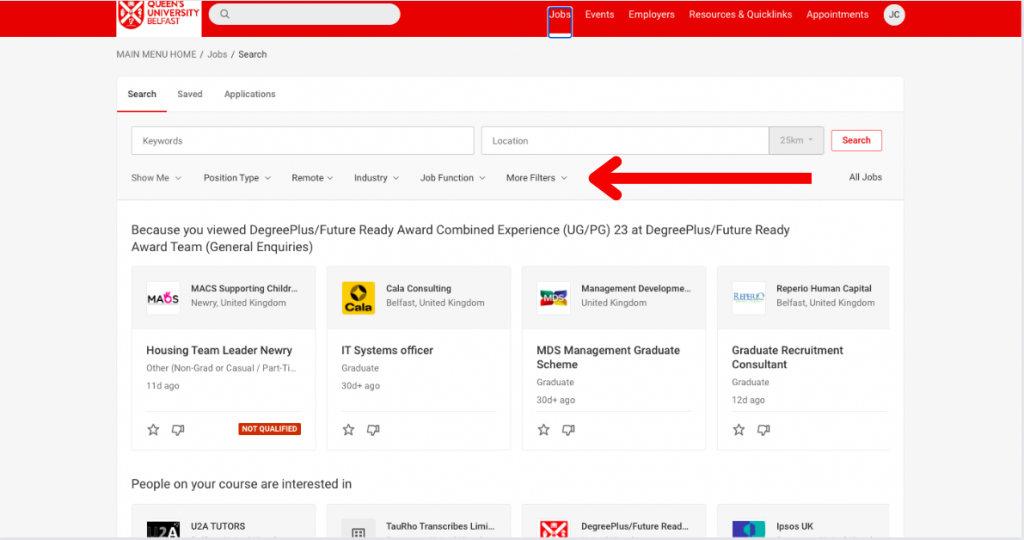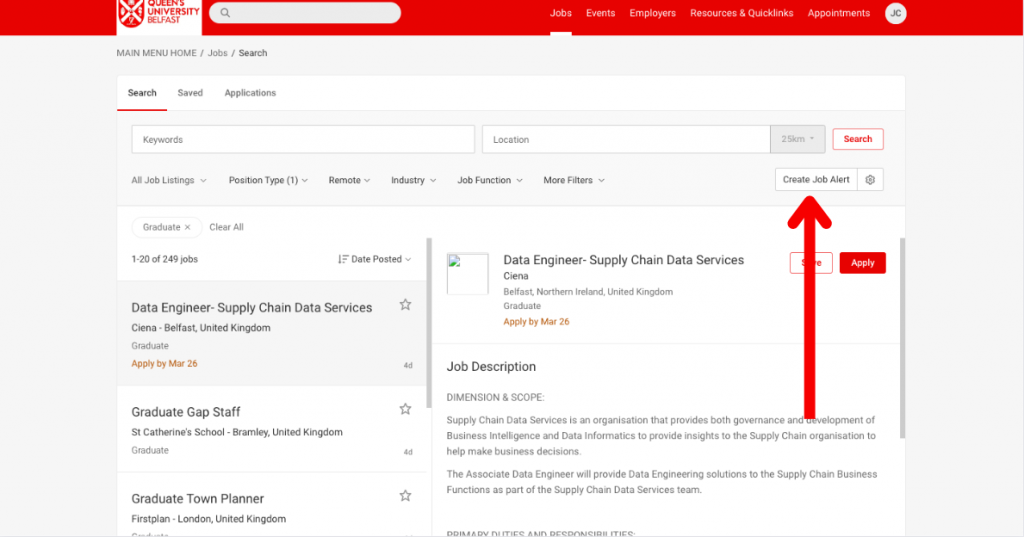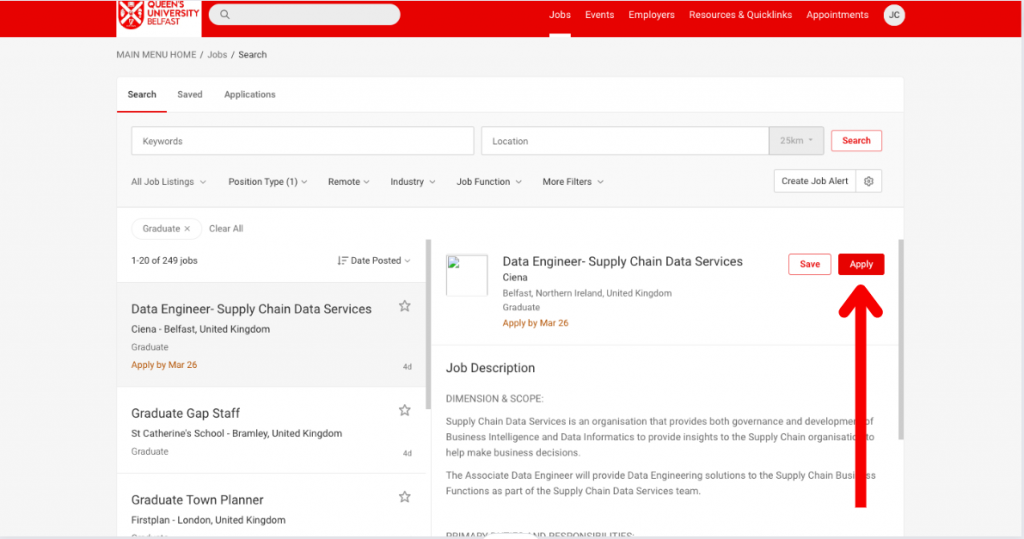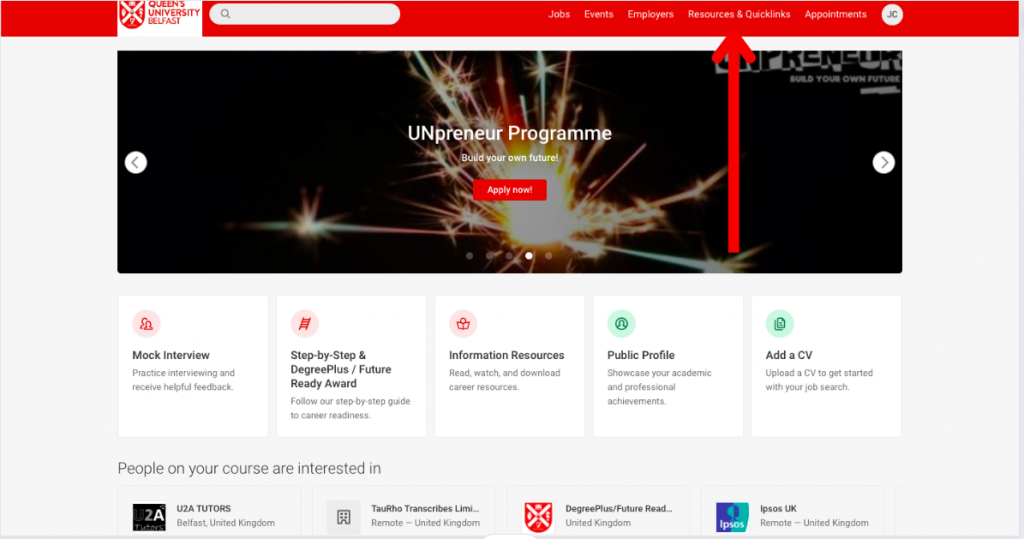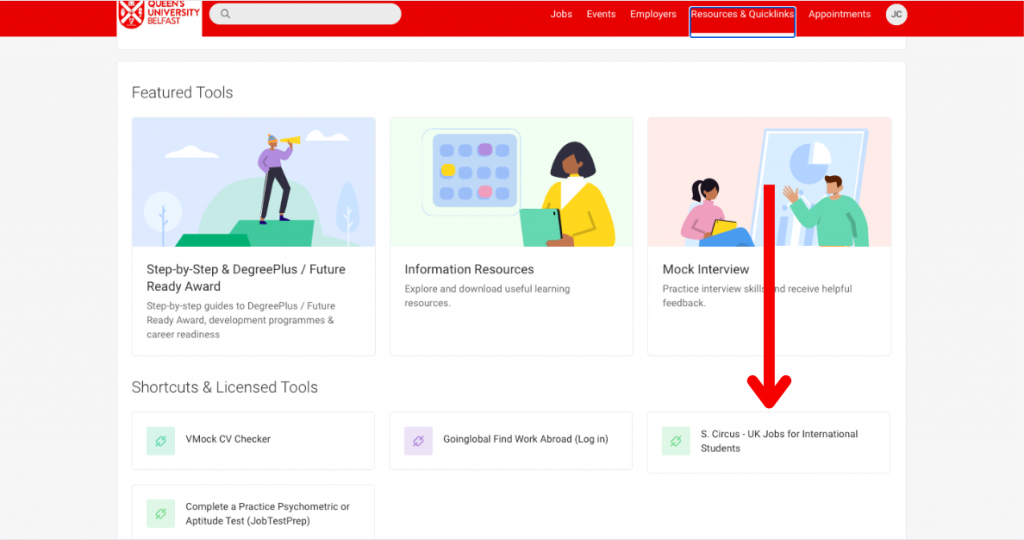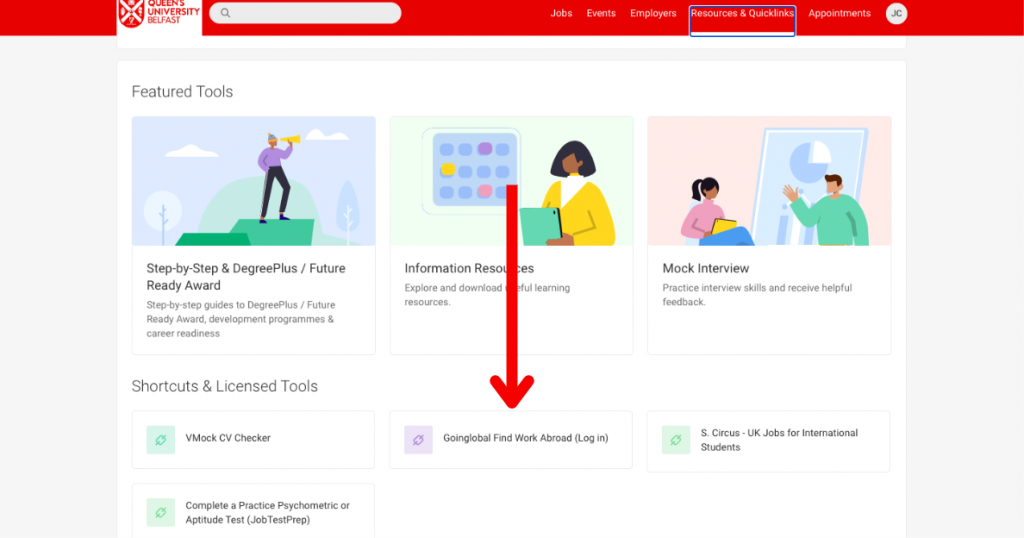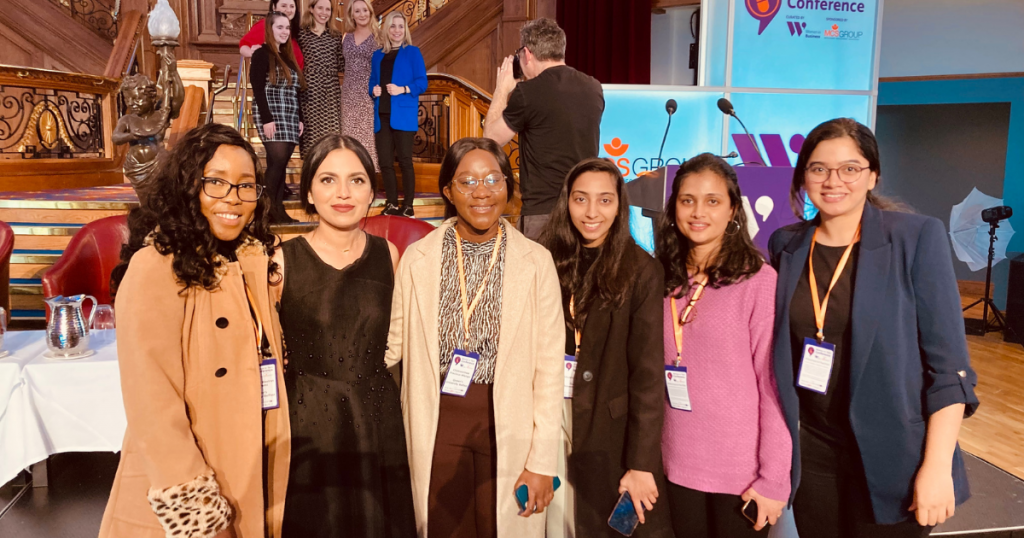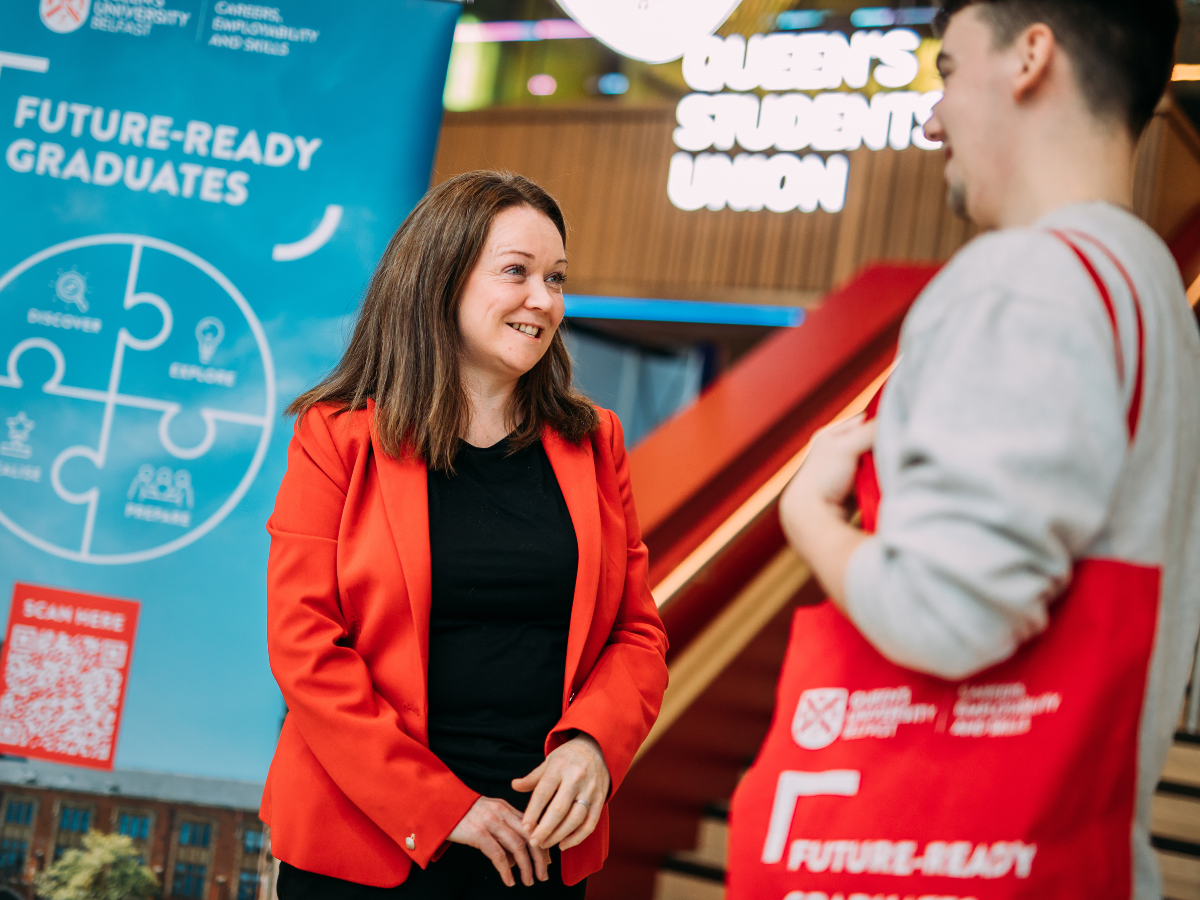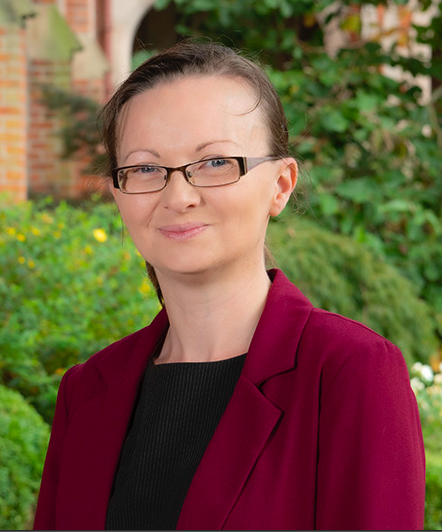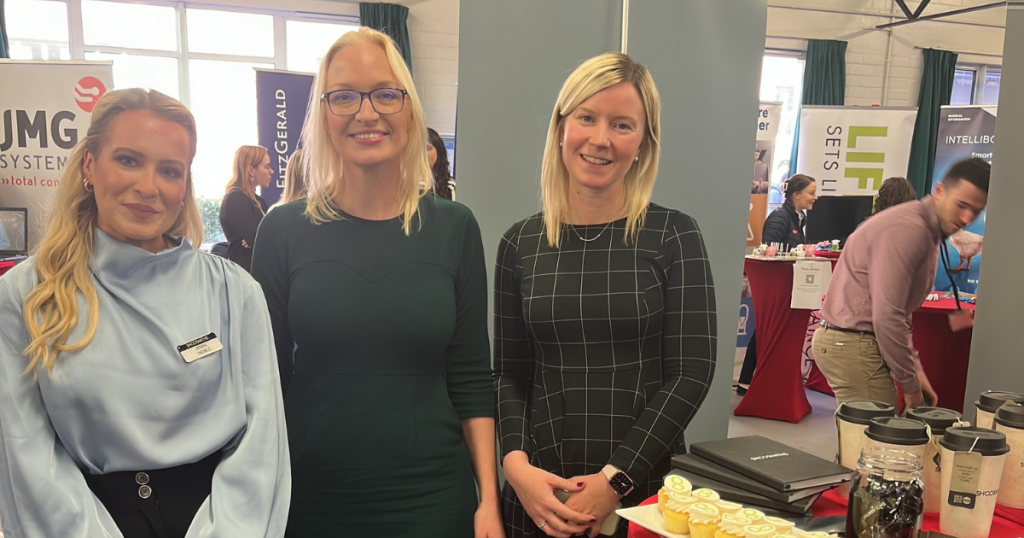Embarking on a career journey can be both exciting and daunting for university students. With the ever-evolving job market and increasing competition, it is crucial to gather insights from experienced professionals who have successfully navigated their own career paths. Recently, we had the privilege of hosting a panel discussion with industry experts, Gavin Annon, Claire Brannigan, Connor Diamond, and Steve Lazars, who shared valuable advice and personal anecdotes about their professional journeys.
Embrace Mistakes and Take Risks: Gavin Annon, Sales & Marketing Director at Mount Charles Group, emphasized the importance of making mistakes and taking risks. He encouraged students to step outside their comfort zones, as normal is no longer the norm in today’s competitive job market. Gavin stated, “Please do go make mistakes because nothing’s perfect…you’ve got to make those mistakes and take risks.” Embracing mistakes allows for growth and learning, ultimately helping individuals discover their true capabilities.
Define Your Own Path: Claire Brannigan, Founder of Skinakin Ltd, highlighted the significance of intentionality in shaping one’s career. She emphasized the need to be intentional about where you’re going and what your why is. Claire shared her own experience, stating, “It was only when I started to take a step back and say, ‘What do you want to do? What’s your interest? What are you good at?’…things started to change.” By aligning your career choices with your values, interests, and strengths, you can find fulfillment and success.
Develop a Diverse Skill Set: The panelists emphasized the importance of developing a diverse skill set. Steve Lazars, Director & Founder of Ethnic Minority Employment & Entrepreneurship Network, urged students to broaden their horizons and gain experience across different sectors. He shared, “Putting myself out there actually gave me certain tools, contacts, and understandings about bringing solutions to the product…find some innovative ways of finding solutions.” A diverse skill set enhances adaptability, problem-solving abilities, and brings added value to any role.
Focus on People Skills: While technical knowledge is important, the panelists stressed the significance of people skills in career growth. Claire Brannigan stated, “The things that will really help accelerate your career is the human side of your skill set…being able to communicate effectively, negotiate, and understand different cultural norms.” Developing strong interpersonal skills, such as effective communication and adaptability, can set individuals apart and open doors to new opportunities.
Embrace Curiosity and Continuous Learning: The experts highlighted the importance of curiosity and continuous learning. Connor Diamond, Head of Digital Insights & nijobfinder.co.uk at Mediahuis Ireland, encouraged students to continually set and review goals, both professional and personal. He emphasized the value of pursuing hobbies and interests outside of work, as they can bring joy and enrich one’s life. Steve Lazars added, “Stay curious, join the dots across different domains, bring value back…always be a detective and solve problems.” Embracing curiosity and a thirst for knowledge can lead to innovative thinking and contribute to career success.
Summary: The event provided invaluable insights for students navigating their career journeys. Panellists emphasised the importance of taking risks, finding the right environment, developing a diverse skill set, staying true to personal values, and fostering a positive attitude. These key takeaways will empower students to make informed decisions, adapt to a changing job market, and embark on fulfilling and successful careers. Remember, embrace mistakes, seize opportunities, and let your values guide you.
Find more careers advice here.
